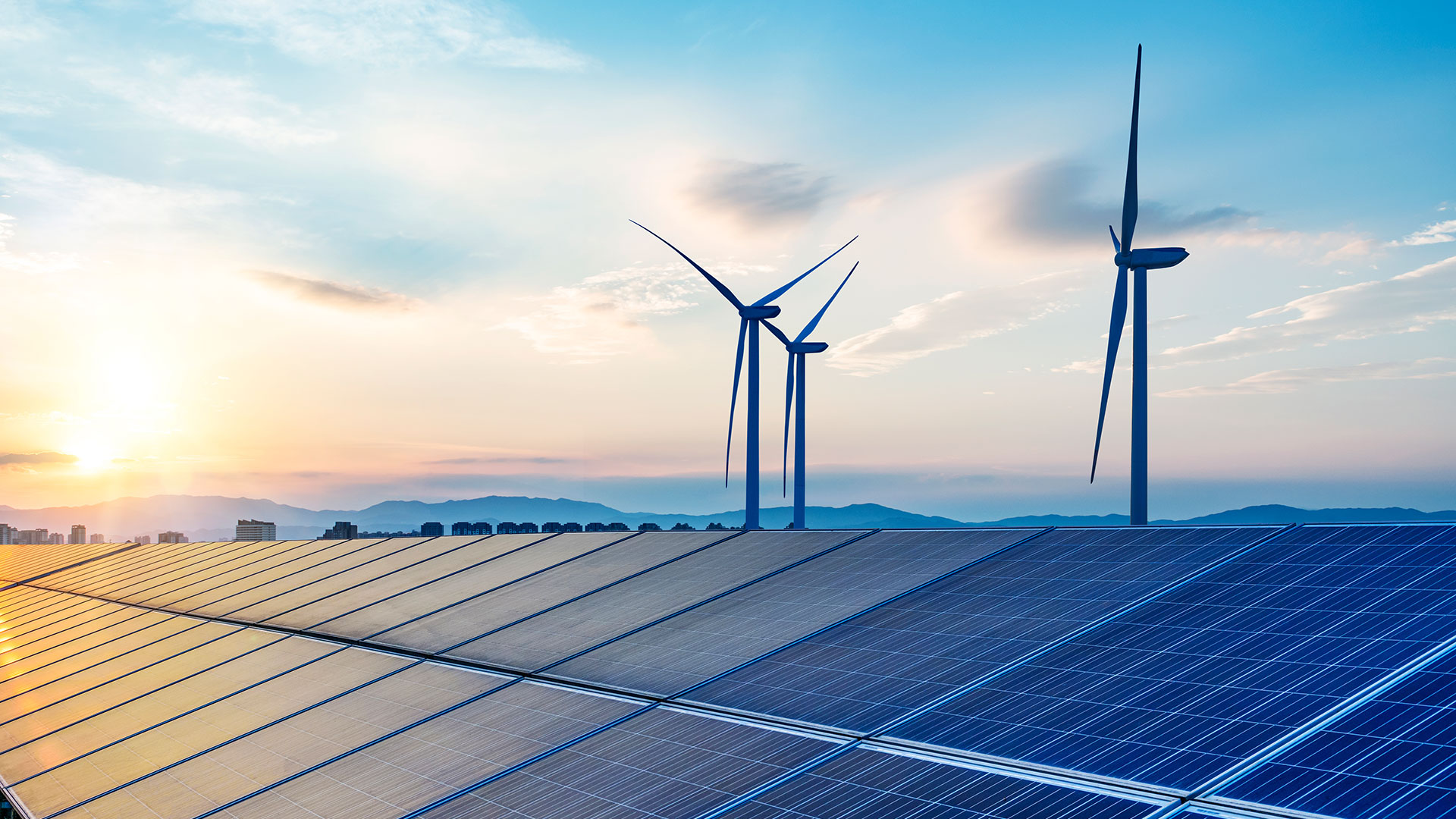Understanding the energy transition: interactive dashboard answers key questions on Germany’s Energiewende
The latest update of Agora Energiewende’s interactive dashboard provides clear, fact-based answers to key questions about Germany’s energy transition, offering insights on renewables, climate objectives, energy security and related policy developments.

With Germany’s federal election in just a few days, discussions about the country’s energy future are of increasing relevance. From electricity prices to competitiveness and energy security, the transition from fossil fuels to a sustainable energy system – the Energiewende – remains a pressing issue for policymakers and the public alike.
To support an informed debate, Agora Energiewende has updated its longstanding interactive dashboard, which provides clear, fact-based answers to some of the most frequently asked questions about Germany’s energy transition.
Illustrating different aspects of the transition through up-to-date data, the dashboard makes it easy to explore topics such as the role of renewable energy in Germany, investment requirements for achieving climate neutrality and public support for the Energiewende. It also provides insights into the coal and nuclear phase-outs, as well as the energy security and competitiveness aspects of the transition.
Renewables surge proves climate policy effectiveness
A key characteristic of the Energiewende has been the rapid expansion of renewable energy sources. Germany’s electricity mix has undergone significant diversification, with wind and photovoltaic power now forming the backbone of the transition.
The Renewable Energy Sources Act (EEG), implemented in 2000, and subsequent updates and measures have played a crucial role in this development by de-risking investments in renewable electricity generation. As a result, the share of renewables in the power generation mix has grown eightfold over the last 24 years, surpassing 58 percent in 2024 compared to just 6.5 percent in 2000. This growth has been accompanied by a steady decline in coal-based power generation, which fell from 48 percent in 2000 to 21 percent in 2024.
The fossil energy crisis led to a sharp increase in electricity prices in 2022 and 2023. The expansion of renewables, supported by German federal government coffers, helped alleviate this issue by limiting price peaks, especially in 2022. Renewables, with their stable and near-zero marginal costs, have since continued to drive down electricity prices, despite occasional integration challenges.
These and other energy and climate policy topics continue to spark discussions both within Germany and beyond. With straightforward navigation between questions, this updated FAQ provides both a general overview as well as a deeper analysis on technical details, serving as a valuable reference for anyone interested in Germany’s evolving energy transition.
Explore the Energiewende FAQ dashboard at the link below.

